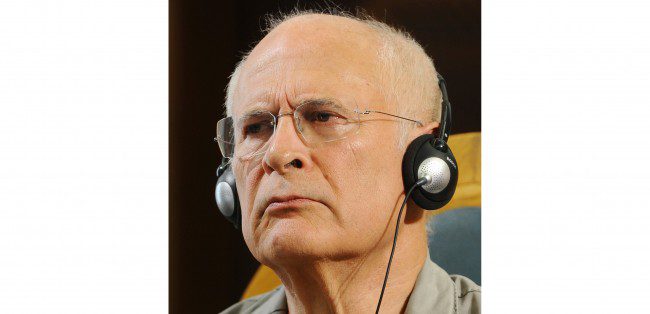New Booth Study Links Inflation Projections to Consumer Purchases

According to new faculty research from the University of Chicago Booth School of Business, when consumers expect higher inflation rates they become more willing to spend on the spot. According to a press release on the Chicago Booth website about the new research, households expecting an increase in inflation were more likely to spend on consumer durable goods such as like automobiles, electronics and other household goods.
“Central banks around the world try to raise inflation expectations via unconventional monetary policy measures to increase spending. The bond-buying program of the European Central Bank is the most recent example in a long line,” Chicago Booth Professor Michael Weber said. Weber co-authored the paper, titled “Inflation Expectations and Consumption Expenditure,” with Francesco D’Acunto of the Haas School of Business, and Daniel Hoang of the Karlsruhe Institute of Technology. Continue reading…
Economist Forecast 2015 at Chicago Booth Economic Outlook Conference

Three respected economists– Randall S. Kroszner, Norman R. Bobins Professor of Economics; Austan D. Goolsbee, Robert P. Gwinn Professor of Economics; and Carl R. Tannenbaum, AB ’81, MBA ’84, senior vice president and chief economist at Northern Trust Corp.– offered their forecasts at the annual Chicago Booth Economic Outlook 2015. The conference drew more than 900 alumni and business people to the Sheraton Chicago Hotel and Towers on January 15. Continue reading…
LBS Professor Advises Caution on Eurozone Recovery Hype

Richard Portes CBE, Professor of Economics at London Business School and President of the Centre for Economic Policy Research, told Reuters TV: “Mr. [Mario] Draghi made it very clear that inflation expectations have lost their anchor. Inflation expectations are going down. They haven’t been firmly anchored for some time. Now, finally, this is being recognised. We are slipping towards deflation, and Japan’s lost decade and more is an example of just how dangerous that is.”
In a Financial Times column from August 20th which immediately preceded the ECB chief’s surprise remarks at Jackson Hole, Professor Portes warned: “There is no substitute for pragmatic, non-ideological policies that accept and confront the data – which tells us that current policies are failing…Repairing the credit system, implementing serious reforms of state expenditure and taxation, creating more flexible labour markets, finally opening the services market to cross-border competition – all are indeed very important. But they will not liberate the Eurozone from stagnation.”
Continue reading…
